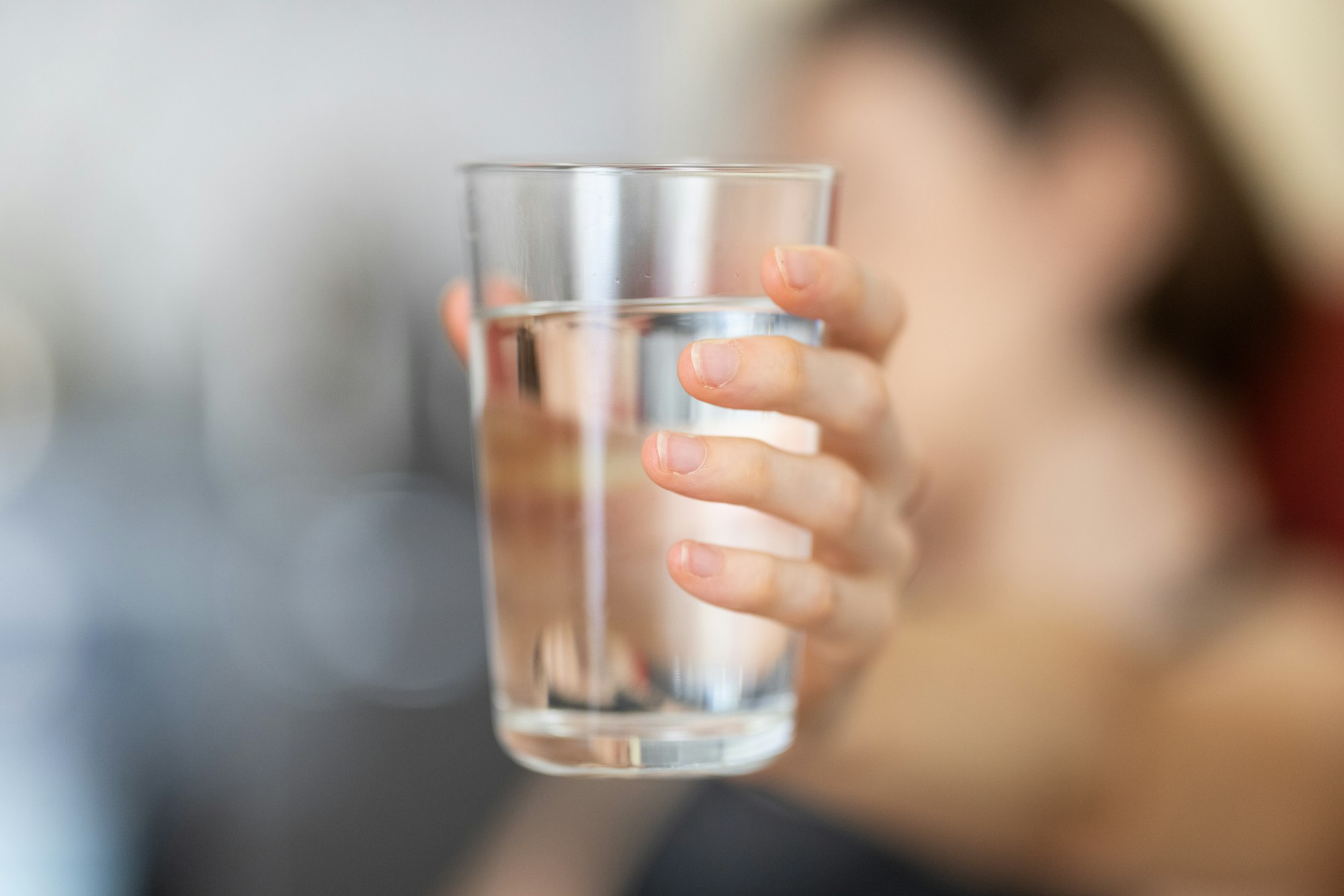Why Hydration Matters More Than Ever
When you’re breastfeeding, your body is doing some serious behind-the-scenes work. You’re not just feeding a baby—you’re producing a custom, nutrient-rich meal several times a day. But with all that demand, it raises an important question: how much water should you drink when breastfeeding? It turns out, the answer matters—for both you and your baby.
Since breastmilk is mostly water, staying hydrated isn’t just a good idea—it’s essential. But how much water do you actually need? Should you be chugging a gallon a day? Is it possible to drink too much? Let’s break it down.
How Breastfeeding Changes Your Fluid Needs
Breastfeeding increases your body’s demand for fluids. Milk is made up of about 87% water, and your body uses water from your own reserves to produce it. That means you’re naturally losing extra fluids every time you nurse or pump.
Your body is amazing at self-regulating, and thirst is one of the ways it signals you to replenish. Still, life with a newborn is hectic, and it’s easy to miss your body’s early thirst signals. By the time you actually feel thirsty, you might already be mildly dehydrated.
So, How Much Water Should You Drink While Breastfeeding?
Here’s what top health organizations recommend:
- The Academy of Nutrition and Dietetics suggests about 16 cups (128 oz or ~3.8 liters) of total fluids per day for breastfeeding moms. This includes all beverages and water-rich foods.
- The European Food Safety Authority recommends adding an extra 700 mL (about 3 cups) of fluids on top of normal needs.
Most breastfeeding women need somewhere between 2.5 to 3.8 liters (10 to 16 cups) of fluids per day. But don’t stress about measuring every ounce—your best indicators are thirst, how you feel, and the color of your urine. Aim for light yellow. If it’s dark or strong-smelling, drink more.

Does Drinking More Water Increase Milk Supply?
Hydration supports milk production, but there’s no strong evidence that drinking extra water boosts your supply beyond what your body naturally needs. In fact, overhydrating could throw off your electrolyte balance and potentially impact your supply in the opposite direction.
Your body prioritizes milk production and will continue producing milk even when you’re a bit dehydrated. But that comes at a cost: you might feel tired, dizzy, nauseated, or just plain run-down.
So focus on staying comfortably hydrated—not overhydrated.
Signs You Might Not Be Drinking Enough
Here’s what to look out for:
- You’re rarely thirsty but feel fatigued
- Your urine is dark yellow or has a strong smell
- You get frequent headaches
- You feel dizzy or lightheaded
- Your lips and mouth feel dry
- You’re constipated or your skin feels dry
These are all signs it’s time to grab a glass—or bottle—and sip up.
Smart Hydration Tips for Busy Moms
Let’s be real—nobody has time to track every ounce. Here are some easy, mom-tested ways to stay hydrated without overthinking it:
Simple, Effective Hydration Hacks
- Drink when you nurse or pump. Keep a bottle within reach.
- Use a large water bottle (like 1 liter or 32 oz) so you refill less often.
- Try the rubber band trick: put 3 or 4 bands around your water bottle—each time you finish and refill, remove one.
- Set out your daily water goal each morning and keep it somewhere visible.
- Use a hydration reminder app (there are tons of free ones out there).
- Eat water-rich foods like cucumbers, melons, oranges, and soups.
- If you’re bored of plain water, add a splash of lemon or some fruit slices.
- Add electrolytes to your water if you’re sweating a lot or feeling drained. Drinks like coconut water or Body Armor (generally considered safe while breastfeeding) can help. Check with your healthcare provider if unsure.
Can You Drink Too Much Water?
Yes, it’s possible. Drinking far more water than your body needs—especially in a short period—can dilute your sodium levels and leave you feeling off. Signs of overhydration can include bloating, fatigue, headaches, and in rare cases, it could interfere with milk production.
If you’re forcing yourself to drink when you’re not thirsty or feel bloated, it’s okay to back off. Trust your body. Listen to what it needs.
Special Situations: When You Might Need More
Your fluid needs may go up if:
- You’re in a hot or humid climate
- You’re physically active or exercising regularly
- You’re sick with fever, vomiting, or diarrhea
- You’re producing a lot of milk (especially with twins or pumping exclusively)
In those cases, be more intentional about your hydration.
One mom from Dubai shared that she felt so parched during breastfeeding that her mouth would go dry every time. That’s common—and a clear sign your body’s working hard and reminding you just how important it is to stay hydrated. Knowing how much water to drink while breastfeeding can make a big difference in how you feel. Always keep a drink nearby.
Quick Takeaway: Keep It Simple
- Aim for 10 to 16 cups of fluids per day
- Drink to thirst, not a rigid number
- Watch for signs that your body needs more water
- Hydrate before, during, or after nursing
- Don’t overdo it
Your body is already doing something incredible. Keep it fueled, and it will take care of the rest.
Still Unsure About How Much Water to Drink While Breastfeeding?
Everybody is different. If you have questions about hydration, milk supply, or anything that feels off, don’t hesitate to check in with your doctor, lactation consultant, or registered dietitian.
You’re not just nourishing your baby—you’re taking care of yourself, too. And that matters.
Resources
- Find a breastfeeding support group near you.
- Milkology Breastfeeding Class – Affordable, video-based online course to help you master breastfeeding at your own pace.
References
- According to a systematic review article, while there is a theoretical increase in fluid requirement for lactation, empirical data do NOT show that drinking extra fluids beyond thirst increases milk yield. PMC
- How Much Water to Drink While Breastfeeding – According to the European Food Safety Authority (EFSA) and others, the needs of lactating women increase by at least ~ 700 mL/day above base needs. hydrationforhealth.com
- On over‑hydration: According to the University of Utah Health nutrition guidance, “Drinking too much water could potentially decrease breastmilk supply … the body adjusts to regulate electrolytes … which further impacts milk production.” University of U
- La Leche League Canada – “Water – How Much Should I Drink?” La Leche


